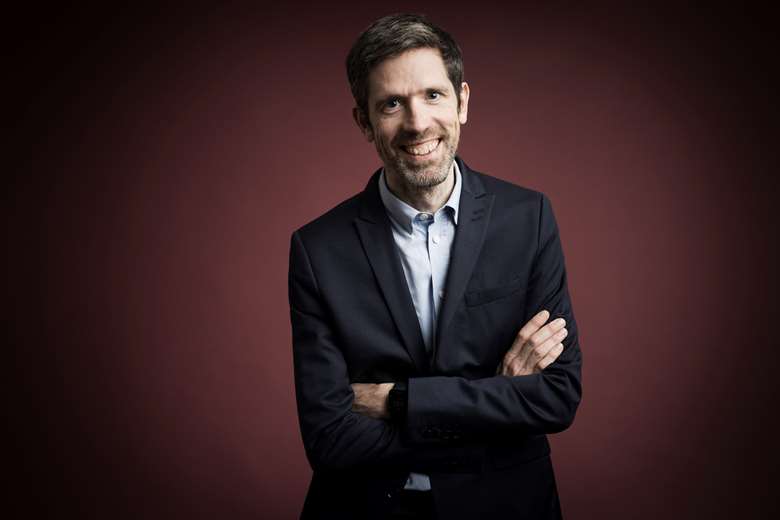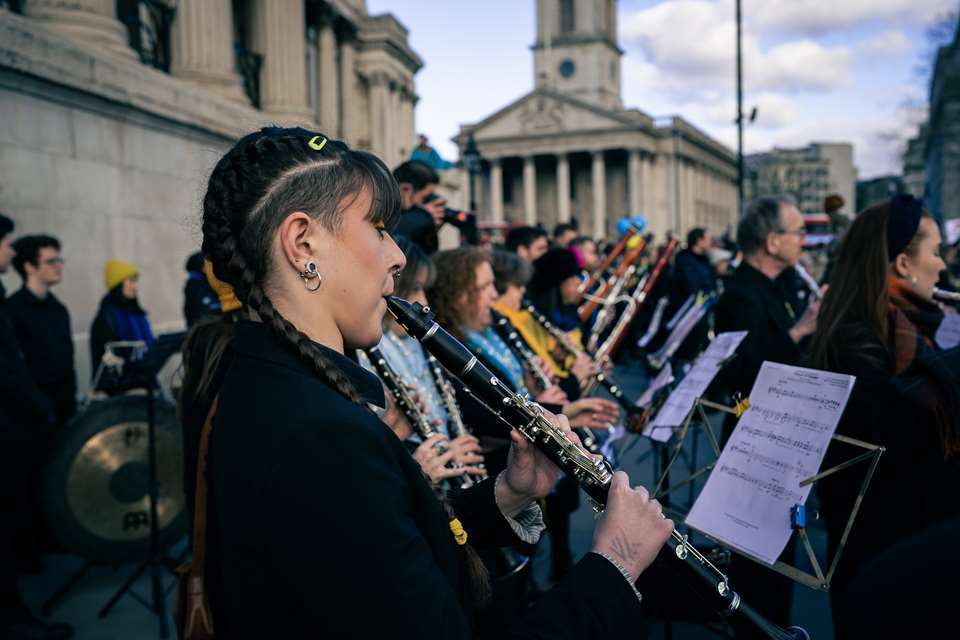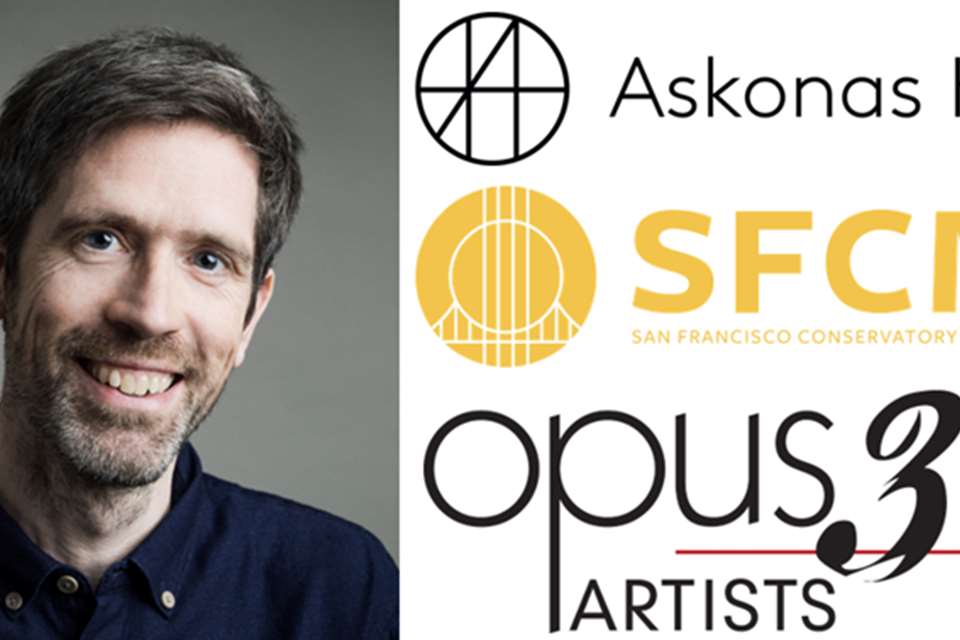Donagh Collins: 'In a moment of crisis the music sector can be flexible'
Andrew Green
Wednesday, February 8, 2023
The Askonas Holt CEO and winner of this year's ABO/Classical Music Award for Artist Manager of the Year reflects on the process of putting together the Ukraine Freedom Orchestra's 2022 tour in response to Russia's invasion of Ukraine


Register now to continue reading
Don’t miss out on our dedicated coverage of the classical music world. Register today to enjoy the following benefits:
- Unlimited access to news pages
- Free weekly email newsletter
- Free access to two subscriber-only articles per month



